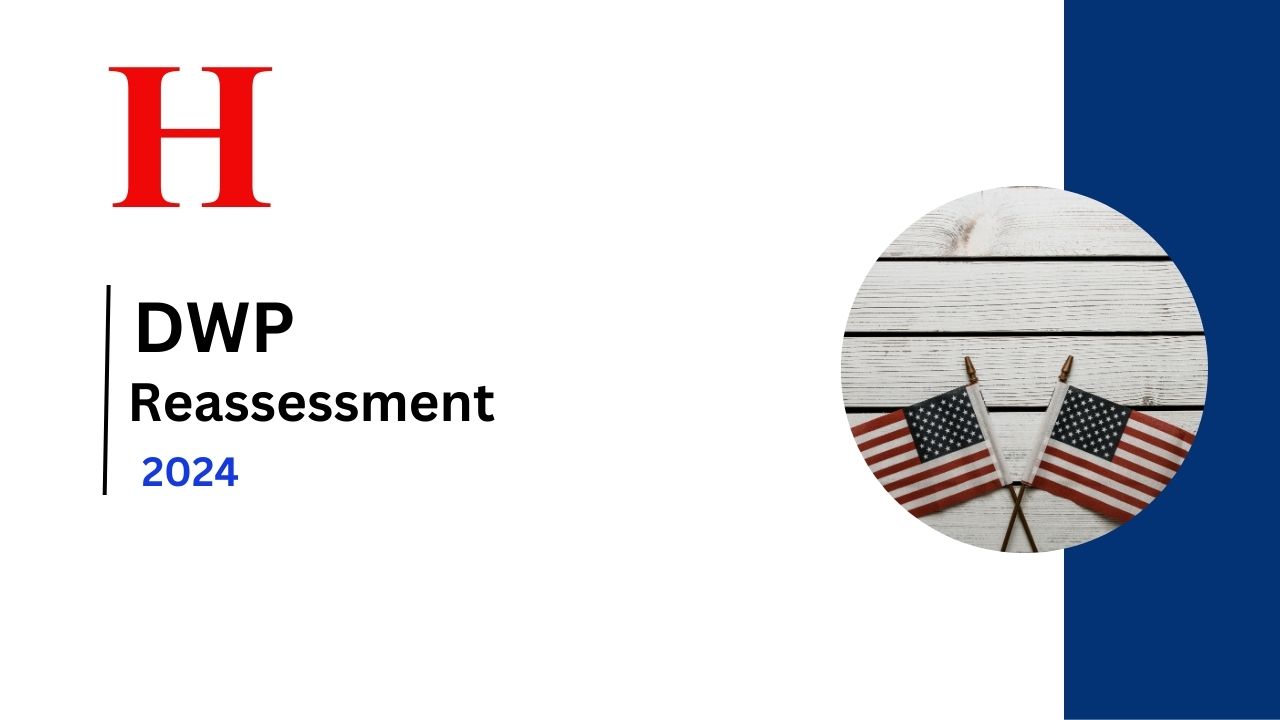Personal Independence Payments (PIP) are a vital financial lifeline for individuals in the United Kingdom who live with long-term disabilities or chronic health conditions.
Administered by the Department for Work and Pensions (DWP), PIP provides essential financial assistance to help cover the additional daily living costs that arise from these conditions.
As of October 2024, new data released by the DWP reveals significant changes within the PIP system, including updates on reassessment outcomes, cancellations of claims, and overall trends.
DWP 2024 Reassessment Overview
The DWP’s data, covering the period from February 2019 to October 2024, provides key insights into the PIP system, including the number of claimants, payment adjustments, and reassessment outcomes.
According to the latest figures, more than 3.3 million PIP claimants are currently receiving benefits in England and Wales, while additional claimants in Scotland receive either PIP or the Adult Disability Payment (ADP).
The expansion of eligibility under Special Rules for End of Life (SREL) in Scotland has further complicated the understanding of the total impact of these payments.
Cancellation of PIP for 220,000 Individuals
One of the most significant findings in the DWP’s recent report is that approximately 220,000 claimants had their PIP benefits canceled following reassessment.
This reflects a strict application of reassessment criteria, where individuals must continue to meet specific eligibility standards to maintain their benefits.
The DWP’s data indicates that many of these cancellations occurred after thorough reviews of the claimants’ medical conditions and eligibility.
Impact on Claimants
- 52% of reassessed cases resulted in no change to the payment amount, indicating stability for a significant portion of claimants.
- 19% of cases saw an increase in payments, where the reassessment identified a greater need for financial support.
- 8% experienced a reduction in payments, while 20% of reassessments led to the complete cessation of benefits, reflecting stringent eligibility requirements.
The PIP Reassessment Process
The PIP reassessment process is designed to review the health conditions of claimants and determine if they still qualify for financial support.
Reassessments are triggered by either:
- A claimant reporting a change in their health condition.
- Scheduled automatic reviews at the end of a set period.
This process has a significant impact on the financial stability of those who rely on PIP, as any changes to benefits directly affect their ability to cover daily living expenses.
Current PIP Statistics and Trends (October 2024)
As of October 2024, the data shows several important trends:
- Over 3.3 million individuals received PIP in England and Wales, representing a 3% increase from October 2023.
- An additional 220,000 claimants in Scotland are receiving PIP or ADP.
- About 36% of PIP claimants received the highest level of financial support, a trend that has remained stable over recent quarters.
Factors Influencing PIP Trends
Several factors contribute to changes in the number of PIP claimants and the outcomes of reassessments:
- Increase in New Claims: A rise in awareness of PIP benefits has led to more applications, particularly as more people face long-term health challenges.
- Assessment Provider Availability: Delays in processing claims are influenced by the availability of healthcare professionals to conduct assessments.
- Impact of COVID-19: The pandemic created backlogs and delays in PIP claim processing and reassessments, which continue to affect the system’s efficiency.
Key PIP Activity Metrics (October 2018 – October 2024)
Over the five-year period between October 2018 and October 2024, several important metrics have been observed:
- 41% of new claims under normal rules were awarded PIP, while 69% of Disability Living Allowance (DLA) reassessment claims were successful.
- 34% of mandatory reconsiderations (MRs) resulted in appeals.
- 47% of appeals were resolved in favor of claimants before reaching a tribunal, suggesting that many initial decisions were overturned upon further review.
Challenges and Rising Demand for PIP
The DWP has acknowledged dealing with an “unprecedented” demand for PIP. Contributing factors include:
- Increased Public Awareness: More individuals are aware of PIP and applying for benefits.
- Demographic Shifts: An ageing population and an increase in long-term health conditions are driving the demand for disability benefits.
Conclusion
The latest statistics from the DWP highlight the complexities and challenges within the Personal Independence Payment system.
While 220,000 claimants have had their benefits revoked, many others have maintained or even increased their support.
The reassessment process plays a critical role in determining who continues to receive these benefits based on their current health status.
As the DWP works to manage rising demand, the importance of accurate and fair assessments remains paramount.
The PIP system continues to provide essential financial support for millions of individuals with disabilities, but the ongoing reassessment process underscores the dynamic nature of the program and its profound impact on claimants across the UK.
FAQs:
Why were so many PIP claims canceled in 2024?
Approximately 220,000 PIP claims were canceled following reassessments due to claimants no longer meeting the strict eligibility criteria.
What happens during a PIP reassessment?
Reassessments evaluate whether a claimant’s health condition has changed and if they still qualify for the benefit. This can result in no change, a reduction, or cessation of benefits.
How many people are currently receiving PIP in the UK?
As of October 2024, over 3.3 million people in England and Wales are receiving PIP, with an additional 220,000 claimants in Scotland.
What percentage of reassessments led to an increase in benefits?
Approximately 19% of reassessments resulted in an increase in benefits.











